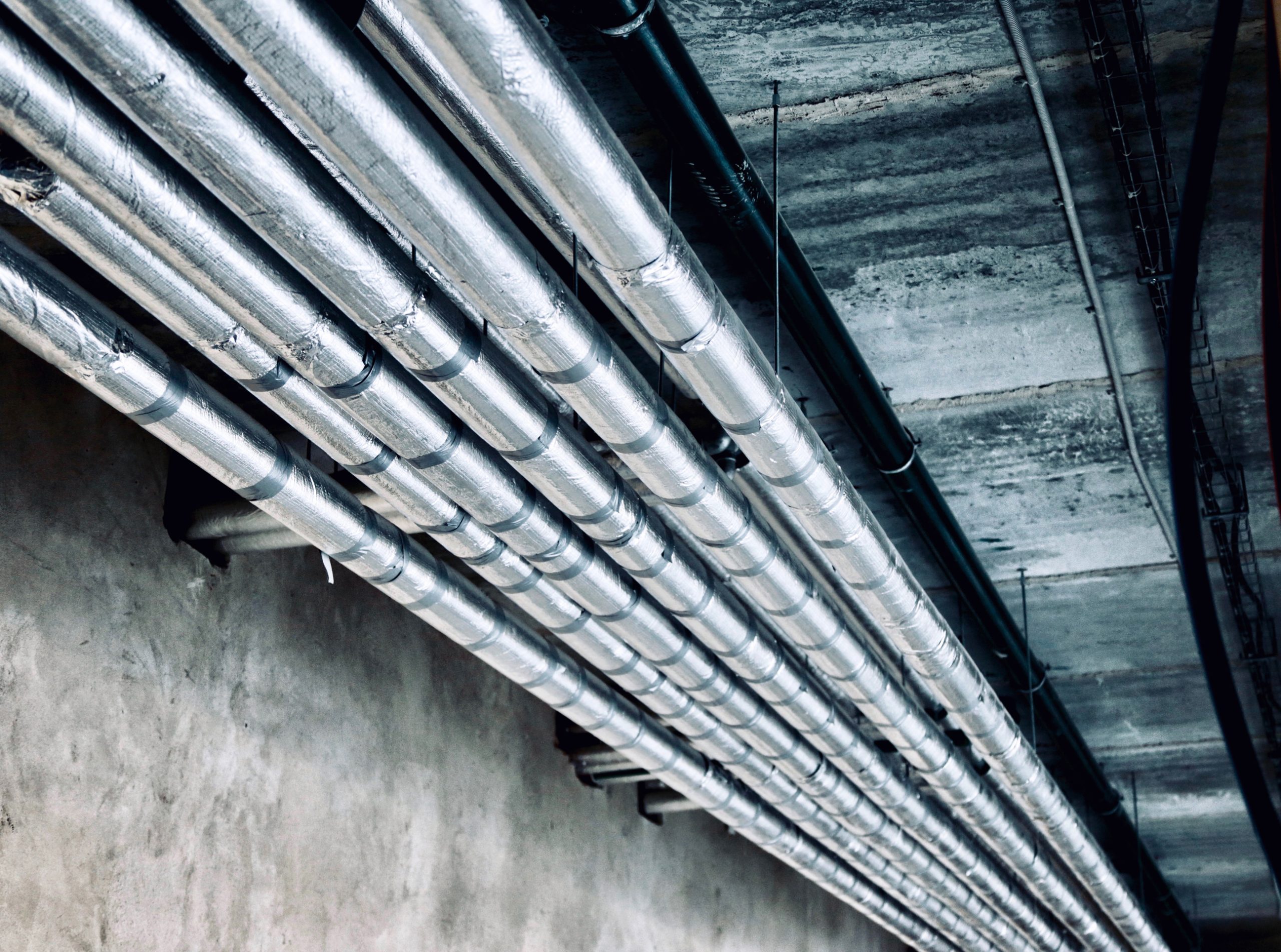Everything You Need to Know About HVAC Commissioning
Today, industries are seeking solutions that optimise their work environment and serve cleaner and safer indoors. HVAC systems contribute to improved air quality & temperature control in commercial facilities. HVAC commissioning plays a vital role in smooth and efficient building operations.
Professionals carry out the commissioning process, including proper planning, installation & execution. In this article, we will define HVAC commissioning & its essential aspects.

What is HVAC Commissioning
HVAC commissioning is the process of configuring an installed HVAC system to ensure it operates efficiently without installation or operational issues. It plays an integral role in identifying operational flaws in the building that could compromise indoor air quality and comfort.
Different Types of HVAC Commissioning
The commissioning process includes pre-commissioning that examines documents, actual commissioning tests system components, and post-commissioning involves documentation & staff training sessions.
Initial Commissioning
Initial commissioning is initiated when a new HVAC system is set up in an existing building or when the system is installed in new construction. The testing confirms that the new system meets the client’s requirements and design purpose.
Retro-Commissioning
When an older HVAC system is installed more than a year ago, retro-commissioning is suggested. In this approach, suitable operations are performed to enhance energy efficiency & fix the issues that arise over time.
Re-Commissioning
Re-commissioning refers to the process of commissioning a previously commissioned system. This process confirms the system operates according to the original design or needs to be upgraded with the new one.
Process of the HVAC Commissioning
Proper Initial Inspection
HVAC professionals properly inspect the HVAC system once it is installed. They follow modern practices to ensure every equipment is fixed correctly to lay a strong framework for future commissioning activities.
Equipment Verification
Equipment validation enables HVAC professionals to check that the installation meets the manufacturer’s standards and confirms the equipment’s stability. If the equipment is not up to the mark, preventive measures are taken to ensure smooth equipment functioning.
Equipment Monitoring
Equipment monitoring involves supervising the system’s start-up, shut down & operating stages. Any inconsistencies are reported immediately to the operator for immediate correction.
Advantages of HVAC Commissioning
HVAC commissioning helps with optimising energy usage, enhancing indoor air quality and tracking potential issues early. This ensures that your heating, ventilation, and air conditioning systems are optimised for energy efficiency. Let’s see how:
Fix the inefficiencies
HVAC commissioning helps to identify and fix the inefficiencies in an HVAC System for smooth building equipment performance.
Safe Work Environment
It is essential to keep the facility at the right temperature & improve indoor air. A well-maintained HVAC enhances employees’ productivity and creates a healthier work environment.
Filter Impure Air
HVAC is an excellent system for filtering the impure air in the building premises. Its efficient functioning improves comfort, guarantees clean indoor quality, boosts productivity, and minimises health-related issues.
Less/Fewer Mechanical Issues
Timely HVAC maintenance adds value to a commercial facility, leading to fewer mechanical issues than traditional systems. A properly functioning HVAC system makes a building more appealing, and maintenance adds value.
Conclusion
HVAC Commissioning offers significant benefits, including enhanced safety through automation, reduced human error, and improved operational efficiency for smart building solutions. An effective HVAC system serves operational needs and contributes to sustainability goals in commercial facilities.
Frequently Asked Questions
1. How long does HVAC commissioning take?
The timing of HVAC commissioning depends on the size and complexity of the system. In general, it takes a couple of weeks or a few days to complete equipment investigation, which results in improved building performance.
2. What is the commissioning process for HVAC?
The HVAC commissioning process ensures the efficient performance of the building equipment and identifies operational issues. This commissioning process plays an integral role in improving indoor air quality and comfort.
3. What is the goal of commissioning?
Commissioning is the process of verifying the building’s various equipment and operations to meet the building owner’s requirements. It ensures that all systems work at optimal performance for value-driven outcomes.
4. What are the different types of HVAC commissioning?
The different types of HVAC commissioning include initial commissioning, retro-commissioning & re-commissioning.
5. Which HVAC system is best for commercial buildings?
The best HVAC system for a commercial building depends upon its size, occupancy, and temperature control. Various types of HVAC systems are available, such as variable air volume (VAV) systems, variable refrigerant flow (VRF) systems, and heat pumps. Invest in a reliable HVAC system that aligns with your building’s needs and requirements.
6. Why is commissioning important in HVAC?
Commissioning plays a pivotal role in HVAC because it ensures that HVAC units function according to specific design specifications and peak efficiency. This process leads to improved indoor air quality, energy savings, and an extended lifespan of the equipment.
